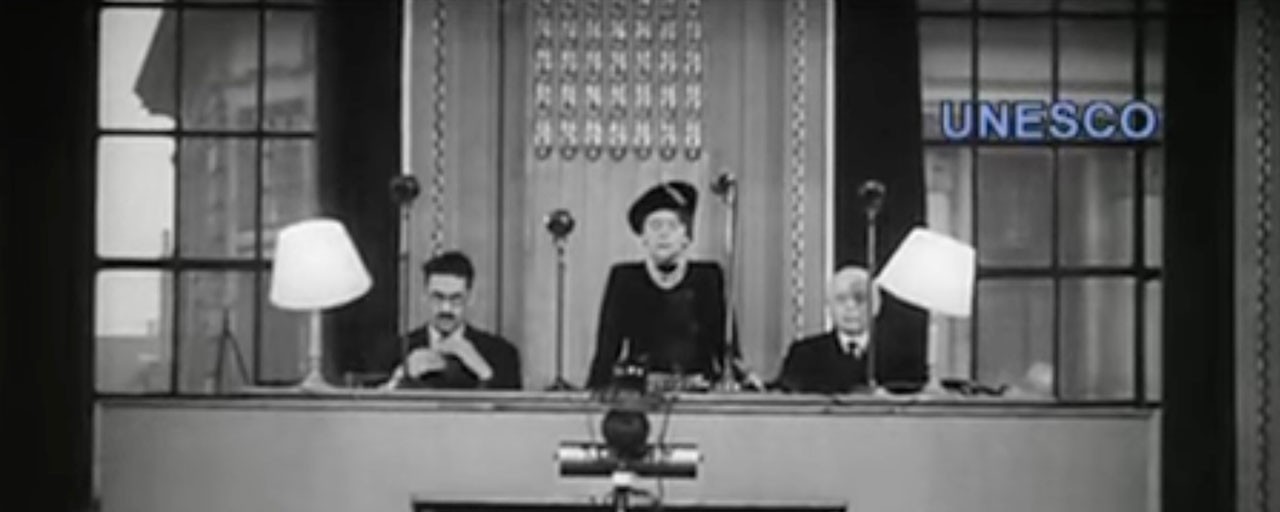The Founding of Unesco
Born directly from the lessons of the Second World War, UNESCO was created to build peace through international cooperation in education, science, culture, and communication. Meeting at the Institute of Civil Engineers in Westminster in November 1945, representatives of 44 nations agreed that lasting peace must be built not only through political and military means, but through understanding and collaboration among peoples. The UK ratified UNESCO’s Constitution in February 1946, and the Organisation came into force later that year.
Eighty years on, UNESCO remains a vital part of the international system, leading global efforts to promote quality education, protect cultural and natural heritage, advance scientific cooperation, safeguard freedom of expression, and promote ethical standards in emerging technologies. The UK continues to play an active role across all these areas, from its 60+ UNESCO sites and cities to its world-leading universities, experts, and institutions that contribute to UNESCO’s global agenda.
Read more about the founding of Unesco at the UK National Commission for UNESCO.


